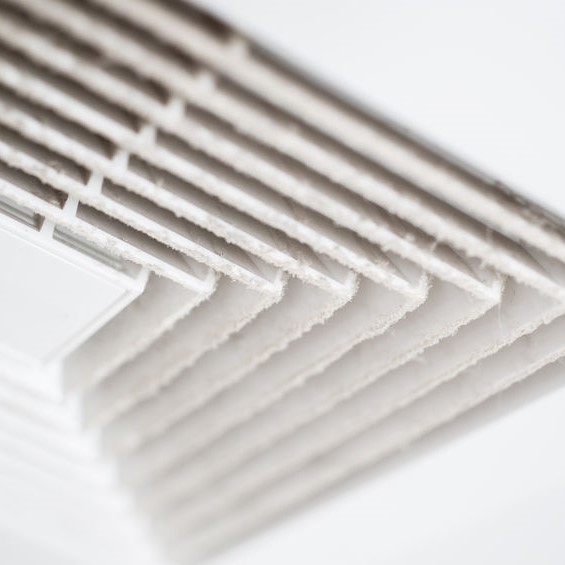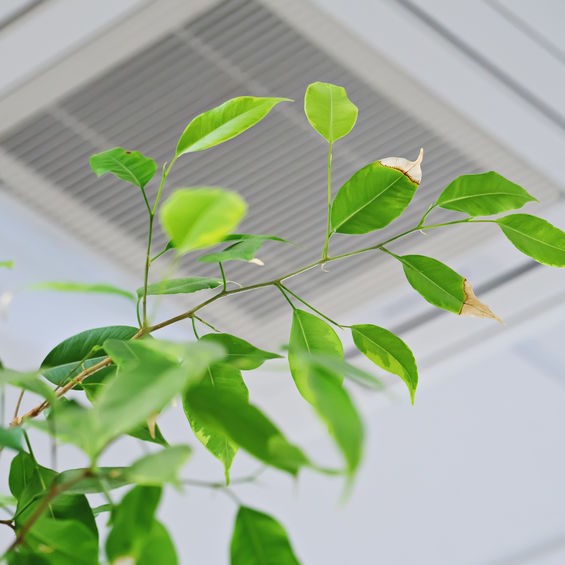
How can I check the air quality in my home?
All around the world, we’re all doing what we can personally, and the government is setting laws and regulations to control the outdoor air quality. Whether is in our home or our business, the indoor air quality is our own concern.
It isn’t anything new to us now that our indoor air quality and health go hand-in-hand, and the government has set up some laws & regulations to that end by setting standards for aerosol products and the materials on things we bring into our home and business, like formaldehyde and lead paint. But then, overall, it is up to us to make sure we keep the indoor quality air in good, healthy condition.
You’ve have probably heard that indoor air quality of your home is 5x more polluted than the outdoor air quality. If you’re concerned about your home’s indoor air quality, there are ways you can test it, allowing you to make changes where possible.
Indoor Air Quality Monitor
This device monitors the indoor door air quality of your home or office. This is the easiest way to do this, and you’ll have consistent monitoring to keep tabs on the improvements you make.
Mold Air Test
Mold is a common pollutant in homes, and we don’t always realize we have any. With this device, you’ll find out is you do have any then you can set out to find where its coming from and take care of the problem causing it.
Carbon Monoxide Alarm
Carbon monoxide is colorless, odorless, and tasteless, yet it will kill you quickly if you’re exposed to any large amount for any period of time. This device will tell you if you have any and then you can find where its coming from and take care of the problem. If you have any gas powered appliances like cook stove, clothes dryer, or heating, your home is at a high risk for carbon monoxide poisoning.
Radon Tester
Radon is also colorless, odorless, and tasteless, making it completely undetectable like carbon monoxide. This built detection device alert you to any radon exposure in your home so you can get it sealed off. It is usually coming from the foundation through cracks in the floor and hoovers there.
How can I test the air quality in my house for mold?
In addition to the mold air test device we listed above, another method you can with household products. Because mold spores can be everywhere, and if your home has a musty odor, there is probably damp organic surfaces that are growing colonies of mold.
Use your HVAC air filter or ductwork for mold growth testing with the following steps:
- With a rinse solution, dampen a sterile sponge and wipe a one area of the air filter or the supply duct vent.
- Put the sponge in a clean container and pour the rinse solution over it.
- Shake that rinse container then pour the contents in a cup.
- The test kit you purchased with the rinse solution will have a chart that you can compare the solution color you poured out. The chart will tell you if there is mold inside the air filter or duct work, which means there is mold in the air of your home.
What are the symptoms of bad air quality in the home?
If you’re concerned about the health and well-being of your family, checking the indoor air quality is a great place to start. Indoor air quality problems can result from building materials and furnishing reacting to each other, activities taking place inside, and the climate. Some symptoms that are commonly reported by anyone bothered by the indoor air quality are:
- Dryness and irritation: eyes, nose, skin, and throat
- Fatigue and Headaches
- Shortness of breath
- Allergies and hypersensitivity
- Sinus congestion issues
- Coughs, sneezing
- Dizziness, nausea
Poor air indoor quality doesn’t affect people right away. They be at work or home for a few hours before they notice these issues. Then when they leave, those symptoms improved. These same symptoms are also associated with the common cold, the flu, and COVID which makes indoor air quality testing even more important.
How can I naturally purify the air in my home?
Here, we offer six ways you can purify the air in your home naturally:
- Salt Crystal Lamp – A Himalayan pink salt lamp will purify the air in your home naturally by pulling toxins out of the environment and neutralizing them.
- Beeswax Candles – Beeswax candles ionize the air and neutralize toxic compounds and contaminants, improving the indoor air quality with a slow burn.
- Houseplants – the relation between indoor air quality and plants has been known for decades!
- Activated Charcoal – Activated charcoal can help purify the indoor air quality with its absorptive and odorless properties while eliminating toxins too.
- Proper ventilation – Opening the windows will likely let pollution in along with “fresh” air, so have trickle vents installed instead. They improve the indoor air quality by purifying and recycling the indoor air. Turn on the bath and kitchen exhaust fans periodically to pull indoor pollutants out.
- Essential Oils – Cinnamon, clove, lemon, oregano, rosemary, thyme, and tea tree essential oil flavors kill bacteria, fungi, mold and viruses, all which can lower the indoor air quality of your home.

How do you air out a house?
Allowing fresh air from outside into your home will reduce condensation accumulation, avoiding wood rot in the home. Some of the best ways to do this are:
- Set ceiling fans to rotate counter-clockwise. This will push air down and improve the circulation that keeps everyone cool.
- Use the outdoor colder air by placing a portable fan inside the window that will pull cool air in.
- Turn the exhaust fans on in the bathroom and kitchen to pull hot air out.
- Install whole house fans to improve ventilation.
- Have an attic fan installed.
- Open windows strategically just a crack to bring in natural air in cross ventilation process.
- Add an attic fan to further indoor air quality benefits
Following the recommendations and steps we covered, you will gain several indoor air quality benefits like:
- Reduce allergens and pollutants.
- Breathe and sleep easier.
- Odors eliminated.
- Improve HVAC efficiency.
Need help with your indoor air quality in Bonaire and Warner Robins, GA? Call 478-960-5825 today for expert service.
